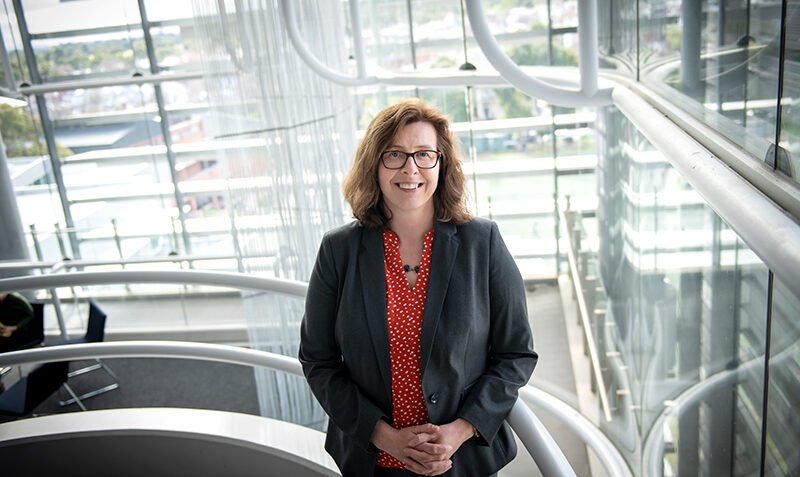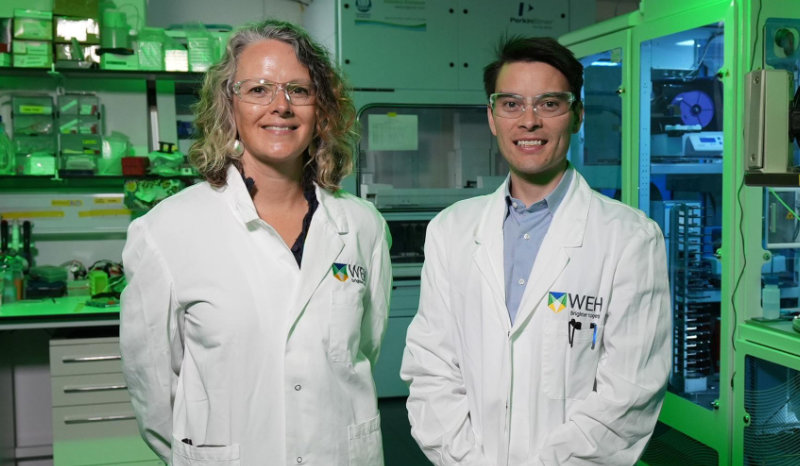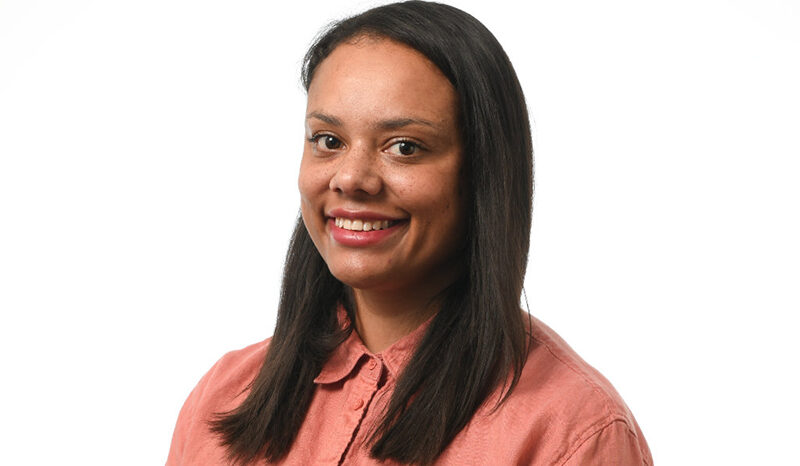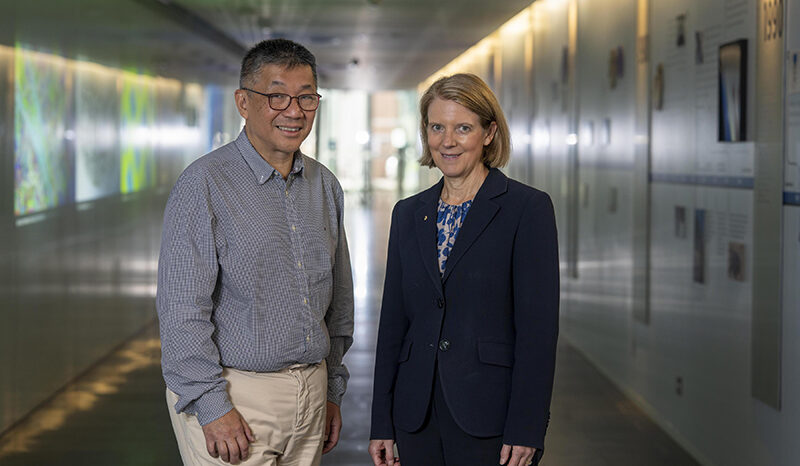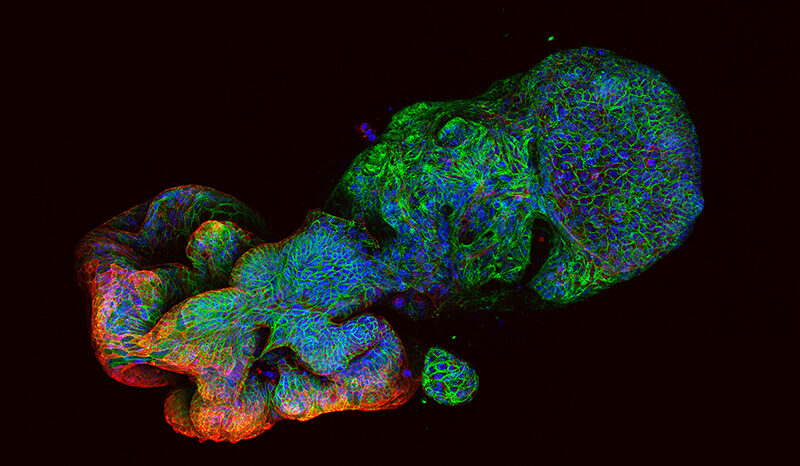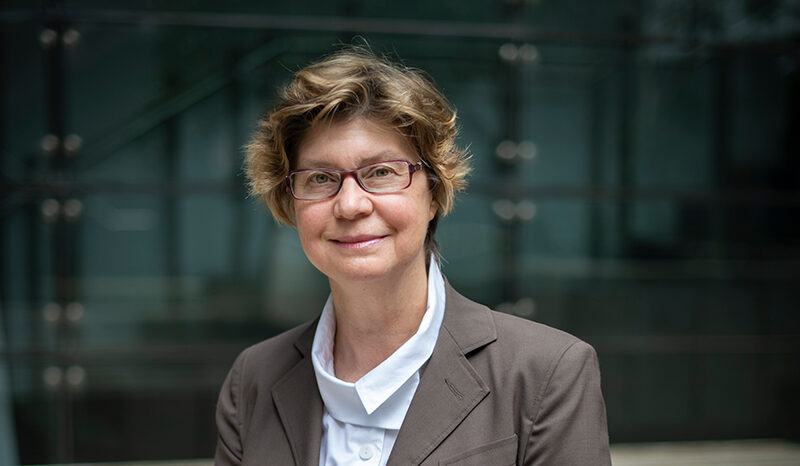Unlocking genetic secrets
Prof Bahlo, a laboratory head and leader of the Healthy Development and Ageing Theme at WEHI, expressed her delight in joining the ranks of inspiring Victorian women honoured on the roll.
“Genes are the building blocks of life. It has been incredibly rewarding to help unravel the mystery behind many genes responsible for conditions that affect so many Australians. It is an honour to be recognised for these efforts,” she said.
When Prof Bahlo started with WEHI 25 years ago, she was one of the first bioinformaticians at the institute.
WEHI now has an entire division dedicated to bioinformatics (using technology to analyse biological data) and more than 60 researchers working in this space.
Prof Bahlo points to her team and technology as the ‘magic duo’ and drivers behind the decades of work that have led to her remarkable breakthroughs.
“My incredible multidisciplinary team and their insatiable appetite for pursuing cutting-edge technologies has helped solve the previously considered unsolvable science. This has enabled us to make discoveries that have improved public health in Australia and across the world.”
Prof Bahlo’s team develops state-of-the-art methods and software to analyse and comprehend complex genetic datasets.
This innovative analysis has led to major genetic discoveries, including identification of new genes and genetic pathways that have transformed our understanding of neurological and retinal disorders.
Most notably, Prof Bahlo’s research has pinpointed the genes responsible for conditions including epilepsy and ataxia – a brain disorder that affects muscle control – as well as the genetic drivers for MacTel (Macular telangiectasia), a rare eye disease that leads to loss of central vision.
Her research focus also extends to motor neuron disease, Parkinson’s disease, speech disorders and infectious diseases such as malaria and tuberculosis, which affect millions of people worldwide.
Importantly, the Honour Roll also highlights Prof Bahlo’s efforts in working closely with clinicians to reach important outcomes for families with genetic disorders.
“The discoveries are remarkable, but they truly become extraordinary when we can move the findings into the clinic to help improve health outcomes – this is what I’m most passionate about,” she said.



